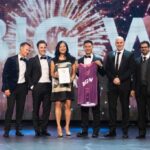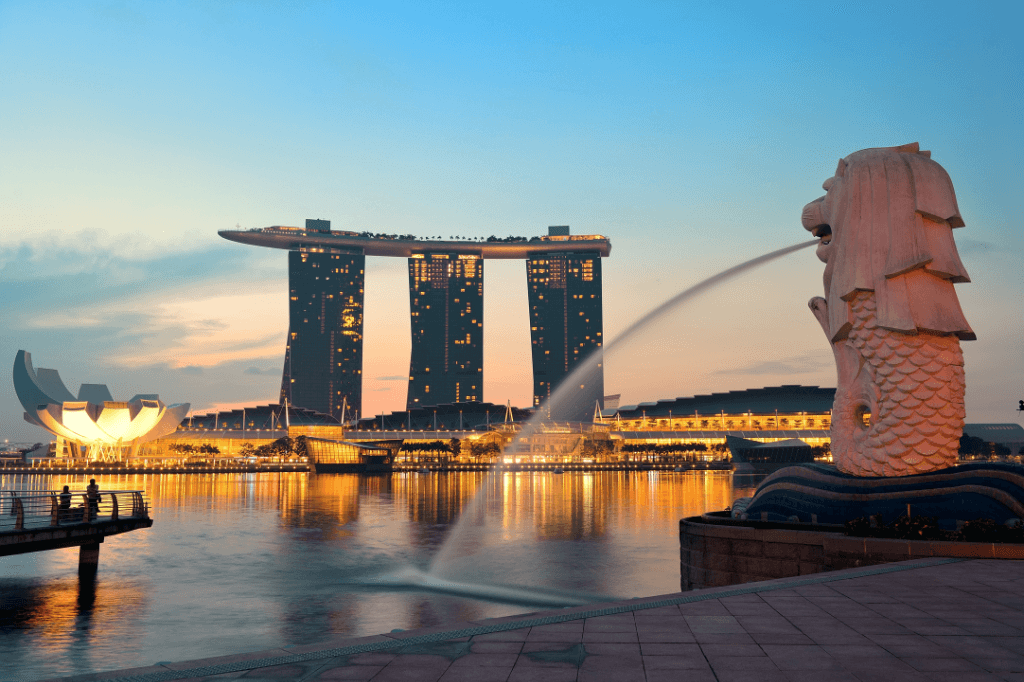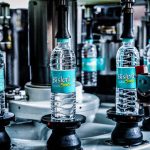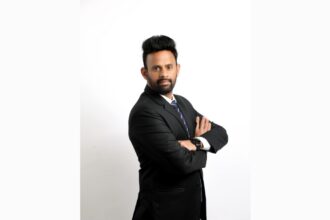Singapore is closer to accepting its first conditional suggestion related to importing low-carbon electricity. This is part of their mission to bring in 4GW of electricity with low-carbon content by 2035. The Energy Market Authority has obtained over 20 requests for proposals as part of this move. Over the past couple of weeks, different companies have presented their final propositions for large-scale electricity imports from various nations. The proposals are currently being assessed.
The conditional approval will be granted to projects that meet Singapore’s requirements and receive support from the source countries. The government has started to roll out small-scale tests and experiments as a precursor to widespread imports. Among them are the Lao PDR-Thailand-Malaysia-Singapore Power Integration Project, and an agreement between YTL PowerSeraya & TNB Genco.
Singapore is also working to develop hydrogen as a “major decarbonisation pathway” for the local power and industry sectors, as well as to support the country’s commitment to achieving net-zero emissions by 2050. Authorities have announced a National Hydrogen Strategy which includes the use of advanced hydrogen technologies. The Maritime and Port Authority of Singapore and EMA have launched an expression of interest for the use of ammonia for power generation and to support maritime bunkering needs. Dr Tan said that this initiative had received “strong interest” from international partners and industry players.
Also Read: India and Singapore Link Payment Systems for Cross-Border Transactions
Overall, Singapore’s plans to import low-carbon electricity and develop hydrogen technologies are part of a wider effort to reduce emissions and increase energy security. The country aims to achieve net-zero emissions as soon as possible, and its plans to import low-carbon electricity and develop hydrogen technologies could help it to achieve this goal.

















